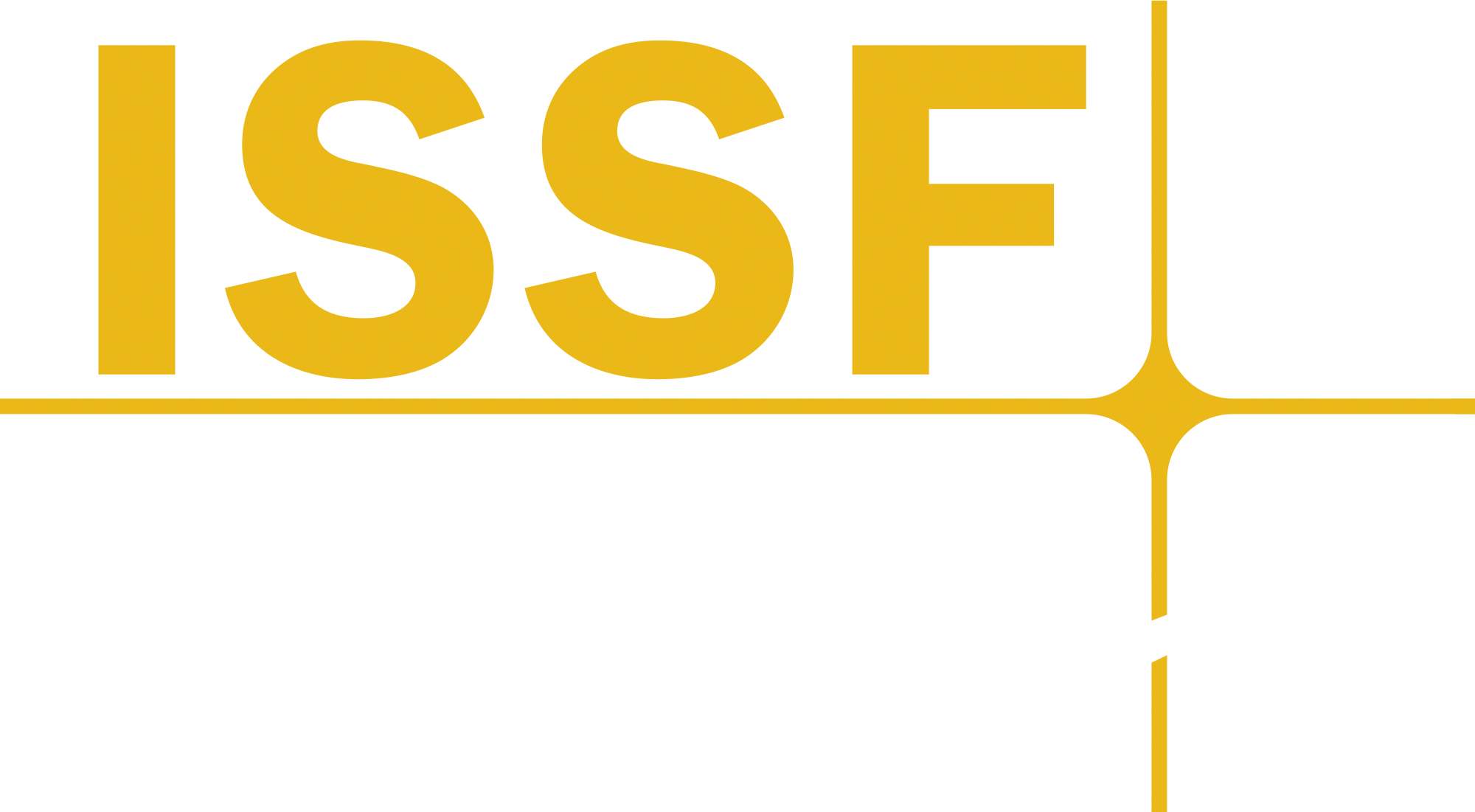Since its inception, the Foundation has identified education and professional training as key enhancer of space safety. Training is different from education. Several high technology organizations clearly make a key distinction between the concepts of education and training.
We accept the concept that education is “instruction and study focused on creative problem solving that does not provide predictable outcomes. Education encompasses a broader flow of information to the student and encourages exploration into unknown areas and creative problem solving”. Graduate level education requires time to complete and often culminates with an original research endeavour. Such an educational program prepares individuals for careers and includes practice in critical and creative thinking that will in many ways last throughout a career.
We also accept that training can be defined as “instruction and study focused on a structured skill set to acquire consistent performance. Training has predictable outcomes and when outcomes do not meet expectations, further training is required.” Training is much more short term and typically takes days to a week or two to complete.
Space safety design criteria, methods and hazard analyses techniques are not generally taught in depth in aerospace engineering schools since up to now they have not been considered as part of a specialized branch of space systems engineering but rather as aspects of various specialist field of engineering (e.g., in relation to pressure systems, avionics design, materials, etc.). Both manned programs and unmanned programs clearly demand to form a technical profile, the safety engineer, to support/execute the design safety certification processes

In the early times of space programs those engineers had to gain system knowledge as well as a broad understanding of multidisciplinary safety aspects such to be able to perform integrated analyses, without the benefits of an educational background or professional training. They developed their knowledge through internal information exchanges, brain storming, discussions, short seminars etc. Later, after becoming experienced safety engineers they would teach the newcomers in a sort of master-to-apprentice relationship. The newcomers would receive some short training on the safety process. In parallel the systems engineering community became increasingly aware that safety had to be designed-in from the very beginning or risk project costs escalation, a huge pile of (unjustifiable) waiver, and ultimately devastating accidents. Therefore, the entire project team, and not only the safety engineers, needs to acquire a basics knowledge of space safety.
The need is also arising for the safety education of new commercial space operators and regulatory aviation organizations, covering all aspects from launch safety to on-orbit traffic management, and re-entry safety. It also requires knowledge of rules and methods for on-orbit environment protection (space debris mitigation, remediation, etc.) An additional consideration is that in future space and aviation will share more and more common operational interests. Due to emerging of hybrid systems, and the operational use of space-based critical systems for air navigation, aviation communication and high-resolution weather forecasts.
As part of its dedication to education and training in all the fields related to space safety, the ISSF supports the creation of specialized centres of education and training in space safety around the globe, and contributes to initiatives that foster awareness and development of professional excellence. They go under the collective name of IAASS Space Safety Academy.
The effective education of professionals in the space safety field depends on the availability of relevant and up-to-date academic courses in all areas related to space safety. The ISSF will undertake surveys of university officials and professors to determine what courses are already available and to seek to initiate wider and more comprehensive academic programs in space safety worldwide. Also, the ISSF will seek to endow fellowships, scholarship, study grants for students as well as endow professorships in the field of space safety.

